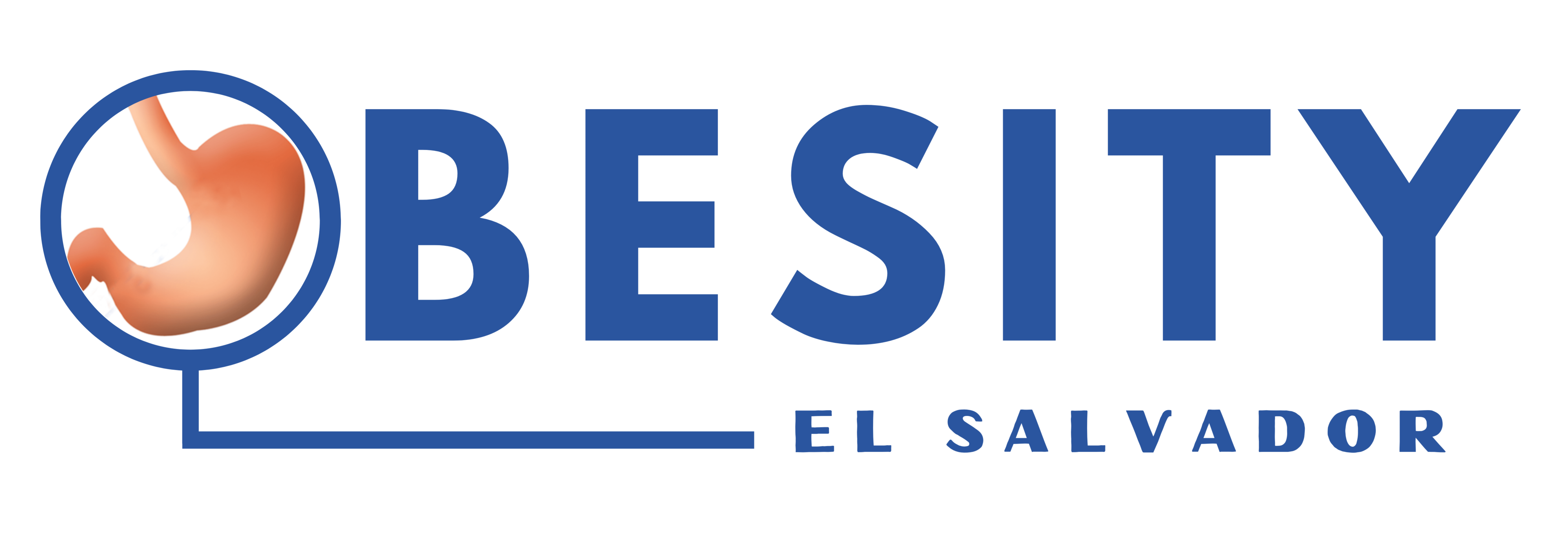Besides genetic predisposition, lifestyle and eating habits evidently influence what obesity looks like. Adopting a healthy lifestyle is very important to prevent this problem, and sometimes when the degree of obesity is low, it is even possible to successfully achieve a remission of this problem.
Nowadays, the relationship between diet and health is well known. Many diseases are related to the food we consume, and healthy dietary habits have an important influence on our health. Diet and nutritional status influence not only our weight, but also the condition of our skin, hair, body size, intellectual capacity, and the development or prevention of certain diet-related diseases like: diabetes, dental caries, arterial hypertension, certain types of cancer, cholelithiasis, obesity, anemia, osteoporosis, etc.
ENERGY
To maintain an adequate weight, it is necessary that the energy content of the diet is in balance with the daily energy expenditure. The amount of energy in the diet depends on age, sex, height, physical activity, and physiological state (childhood, adolescence, pregnancy, latency, or old age). The 3 main nutrients in food are those that provide the energy of the daily diet: carbohydrates, lipids or fats, and proteins.
What does following a balanced diet mean?
The energy provided by the main nutrients should be in a certain proportion, so that approximately 55% of the total caloric value (TCV) of the diet is provided by carbohydrates, 30% by lipids, and 15% by proteins. In addition, the foods in the diet should be varied, avoiding monotony and exclusion.
CARBOHYDRATES
These nutrients can be complex (slow absorption) or simple (fast absorption). Foods rich in complex carbohydrates should be the most abundant: cereals and derivatives (pasta, bread), legumes (peas, chickpeas, dried beans, broad beans, lentils, etc), rice. Some vegetables, such as potatoes and sweet potatoes are also rich in these nutrients. The main function of carbohydrates is to provide energy to the organism, and if ingested in sufficient quantities, they help us to have a feeling of satiety. Rapidly absorbed carbohydrates are found in fruit, juices, milk and dairy products. Pastry products also have these carbohydrates, but they are found in excess in these foods and are usually accompanied by a lot of fat. 1g of carbohydrates provides us with 4 Kcal.
LIPIDS OR FATS
These must provide a maximum of 30% of the VTC within our diet. The source of fats is very important because they have a very different biological effect on our body depending on whether they are saturated or unsaturated. Our body needs essential fatty acids every day, and they can be found in all vegetable oils.
Unsaturated fats come from fish, olive oil, and nuts. Olive oil is especially recommended due to its richness in oleic acid, a monounsaturated fatty acid that contributes to the balance in the daily fat intake. 1g of fat contributes 9 Kcal.
PROTEINS
These must contribute 12-15% of the VCT. They are nutrients with a plastic or building function. They provide amino acids, which are essential for us. The origin of proteins can be animal (of high biological value) like meat, poultry, fish, eggs, milk and derivatives, or vegetable, mainly from legumes. Approximately 0.8g-1g of proteins per 1kg of body weight per day are needed. In special situations 2g might be necessary. Higher amounts can be harmful to our health. 1g of proteins contributes 4 Kcal.
FIBER
Dietary fiber is a compound in food that cannot be digested by enzymes in the digestive tract. Plant foods contain 2 types of fiber, insoluble and soluble, with different biological effects. Among others, they stimulate peristalsis favoring evaluation, increase the sensation of satiety, and favor the growth and reproduction of protective intestinal bacteria. The nutritional recommendation is to ingest 25g-30g of fiber daily.
WATER
Water intake requirements are arounds 3L per day. 50% of this comes from the water contained in the composition of the food we consume and the remaining 50% must be provided in the form of beverages. In special situations, the needs may be higher. Water does not provide energy.
VITAMINS
All of them are essential and must be obtained from food. They are classified as fat-soluble (A, D, E, K) and water-soluble: thiamine (B1), riboflavin or lactoflavin (B2), niacin (B3), pantothenic acid (B5), pyridoxine (B6), folic acid, cobalamin (B12), and ascorbic acid (C). Vitamins have no calories.
MINERALS
The most important are: iron, calcium, phosphorus, sodium, potassium, magnesium, iodine, fluorine, zinc, selenium, manganese, molybdenum, and chromium. Minerals do not provide calories.

